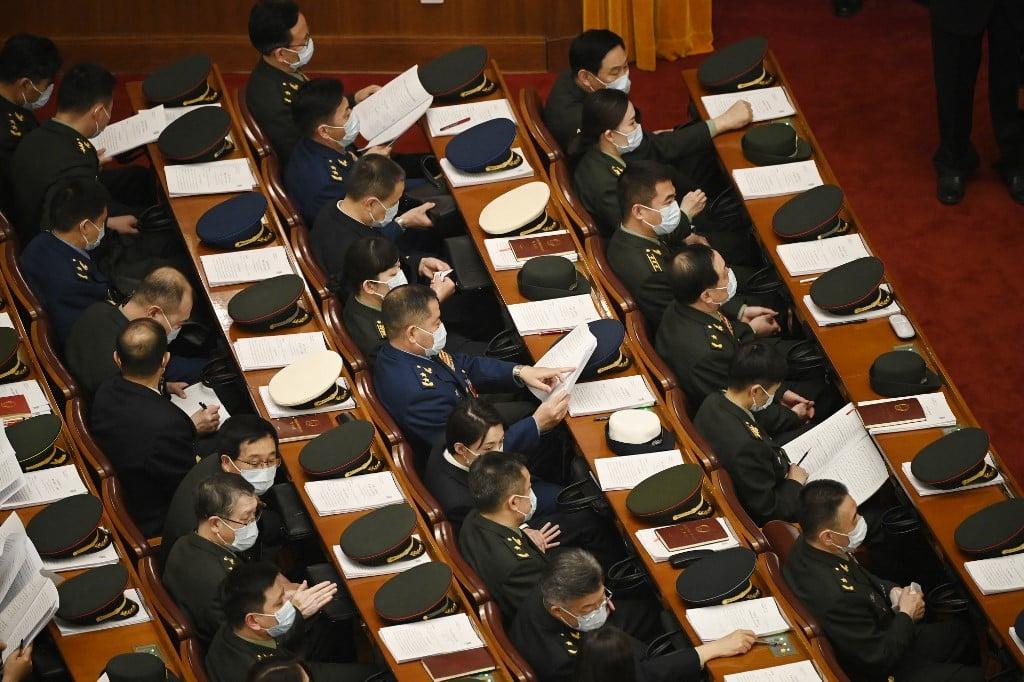Chinese Communist Party (CCP) leader Xi Jinping recently called on the military to enhance its combat capabilities and accelerate the establishment of a “world-class military.”
China experts say the additional spending is due to the possibility of conflict between the Chinese regime, the United States, and Japan. Moreover, the confrontation between the CCP, the United States, and the West is rapidly intensifying, and an eventual military confrontation may be difficult to avoid.





